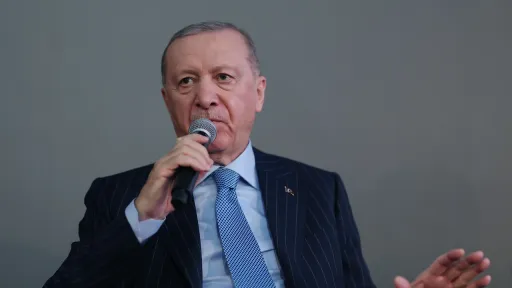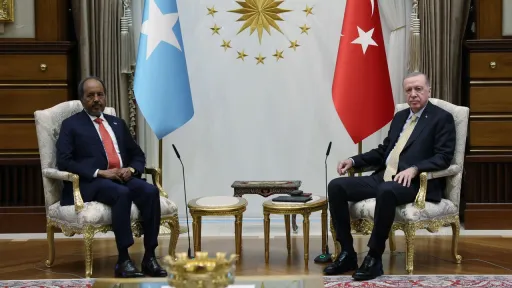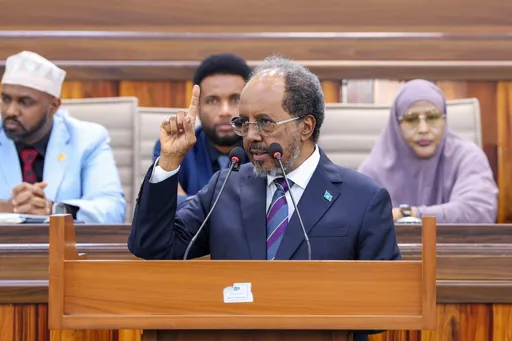By Abdulwasiu Hassan
It was mid-October and the venue was Kano Central Mosque where thousands of Muslims had gone to observe the weekly Friday prayers.
But it was a unique day for many of the congregants - men dressed in white caftan uniform with a red-white-red coloured cap.
They were among grooms benefitting from the Kano state mass wedding organised for 1,800 men and women in that batch.
The Kano state government introduced the programme in 2012 to assist widows, divorcées and the less privileged who cannot afford the increasing cost of wedding and catering for a family.
It is one of the government programmes aimed at maintaining marriage culture as well as tackling ''immorality'' in the society.
“I am proud of this mass wedding. It has instilled contentment and joy in my mind more than you can think,” Ahmad Saleh, one of the beneficiaries told TRT Afrika.
Kano, is Nigeria's most populous state and is among a dozen states in the north of the country where Sharia is practised along side the country's secular laws.
The state governor, Abba Kabir Yusuf, said the government sponsors the mass wedding to help the poor in the society to get married.
The government provides the marital price (Mahr), the house furniture and capital for each of couple - to enable them start a business to support the family.
''It is another way of supporting people economically,'' Sheikh Aminu Ibrahim Daurawa, the head of the state Hisbah committee which handles the programme told TRT Afrika.
Sheikh Daurawa said the scheme helps in reducing the rate of divorce in the state.
''I thank the state government for this gesture,'' Ahmad who was among those who received their package in the latest edition of the programme said, wearing a big smile.
The programme has been growing since it was introduced more than a decade ago. So far, more than 6,500 couples have benefitted from the scheme in Kano state and several other states in the region have followed suit in recent years.
Other states that have embraced the scheme include Gombe, Sokoto and Kaduna - although theirs is not at the scale of the pioneering state.
After the wedding solemnisation, the state government organises a party to celebrate the weddings with dignitaries from far and wide attending.
This is an opportunity for Islamic scholars to preach to the newlyweds and the society in general on the sanctity of marriage as well as the need to uphold Islamic family values.
























